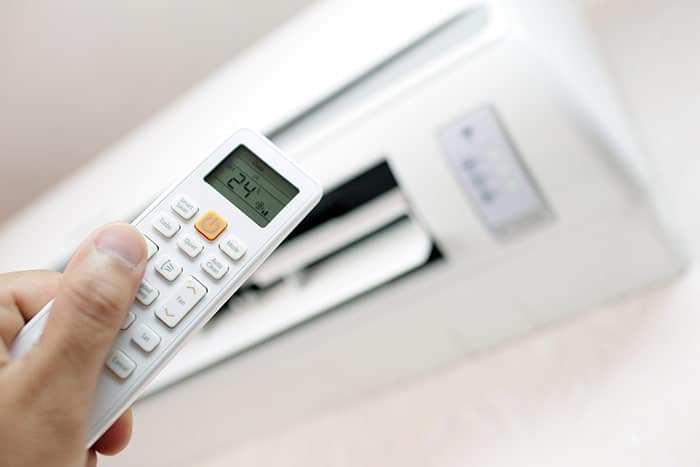 Check out these handy energy efficiency tips that can save you money on heating & cooling!
Check out these handy energy efficiency tips that can save you money on heating & cooling!
Maintain Airflow
Keep interior doors and vents open to help circulate the air.
Keep Sunlight Out
Close your blinds, drapes and shades during the hottest time of day.
Check Your Thermostat
Cool your home at 78° or warmer with the fan switch on “auto.” For extra savings, raise the thermostat to 82° when you’re not home.
Utilize Ceiling Fans
Keep your home comfortable and reduce your A/C costs by installing energy-efficient ceiling fans to circulate the air. The average cost to run a fan is only $7 a month! Remember to turn fans off when you’re not in the room — fans cool people, not rooms!
Keep Your Unit Clean & Clear
Be sure to clean or change your air filter at least once a month, and always use the proper size for your unit. It is also important to keep your outside unit clear of debris to avoid blocking the airflow.
Upgrade Your Insulation
If your home was built before 1985, you may need to upgrade your insulation to reduce cooling costs and make your home more comfortable.
Consider Buying a New A/C Unit
If your system is over 10 years old, it may be time to purchase a new unit. For maximum energy savings, ask your independent Trane dealer about the Trane XL20i.
Don’t Ignore Air Conditioning Problems
When you have a big air conditioning problem – like an air conditioner that quits during the hottest day of summer – it goes without saying that you’ll call for service. Smaller air conditioning problems are easier to ignore, but this is the last thing you should do. By calling for service as soon as you notice the symptoms of an ailing cooling system you can prevent the expense and inconvenience of a big repair job. You’ll also avoid the higher utility bills that typically accompany a poorly functioning air conditioning system.
You should have your air conditioner checked when you notice any of the following symptoms:
- Decreased air flow from the registers
- Strange noises coming from the air conditioner
- Moldy odors coming from the ductwork when the air conditioner is running
- The air conditioner cycles on and off more frequently than it used to
- The breaker for the air conditioner in the electrical panel keeps tripping (or the fuse keeps blowing)
- Ice appears on your air conditioner or piping, either inside or outside the house
- Your outdoor fan in the air conditioner won’t come on

